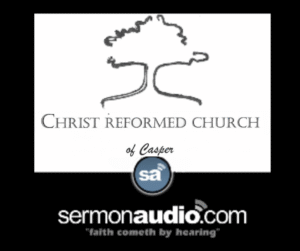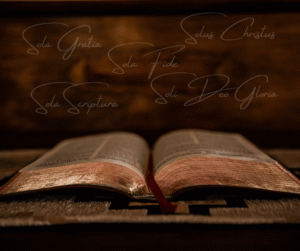Acknowledging Our Dependence: Heidelberg Catechism Lord’s Day 50
LORD’S DAY 49 What is the fourth petition? “Give us this day our daily bread;” that is, be pleased to provide for all our bodily need,1 so that we may thereby acknowledge that You are the only fountain of all good,2 and that without Your blessing neither our care and labor, nor Your gifts, can profit us;3 that we may therefore withdraw our trust from all creatures and place it in You alone.4 [1] Ps. 104:27–28; 145:15–16; Matt. 6:25–26. [2] Acts 14:17; 17:27–28. [3] 1 Cor. 15:58; Deut. 8:3; Ps. 37:3–7, 16–17. [4] Ps. 55:22; 62:10; *Ps. 127:1–2; *Jer. 17:5, 7; *Ps. 146:2–3. Acknowledging ourRead More →

